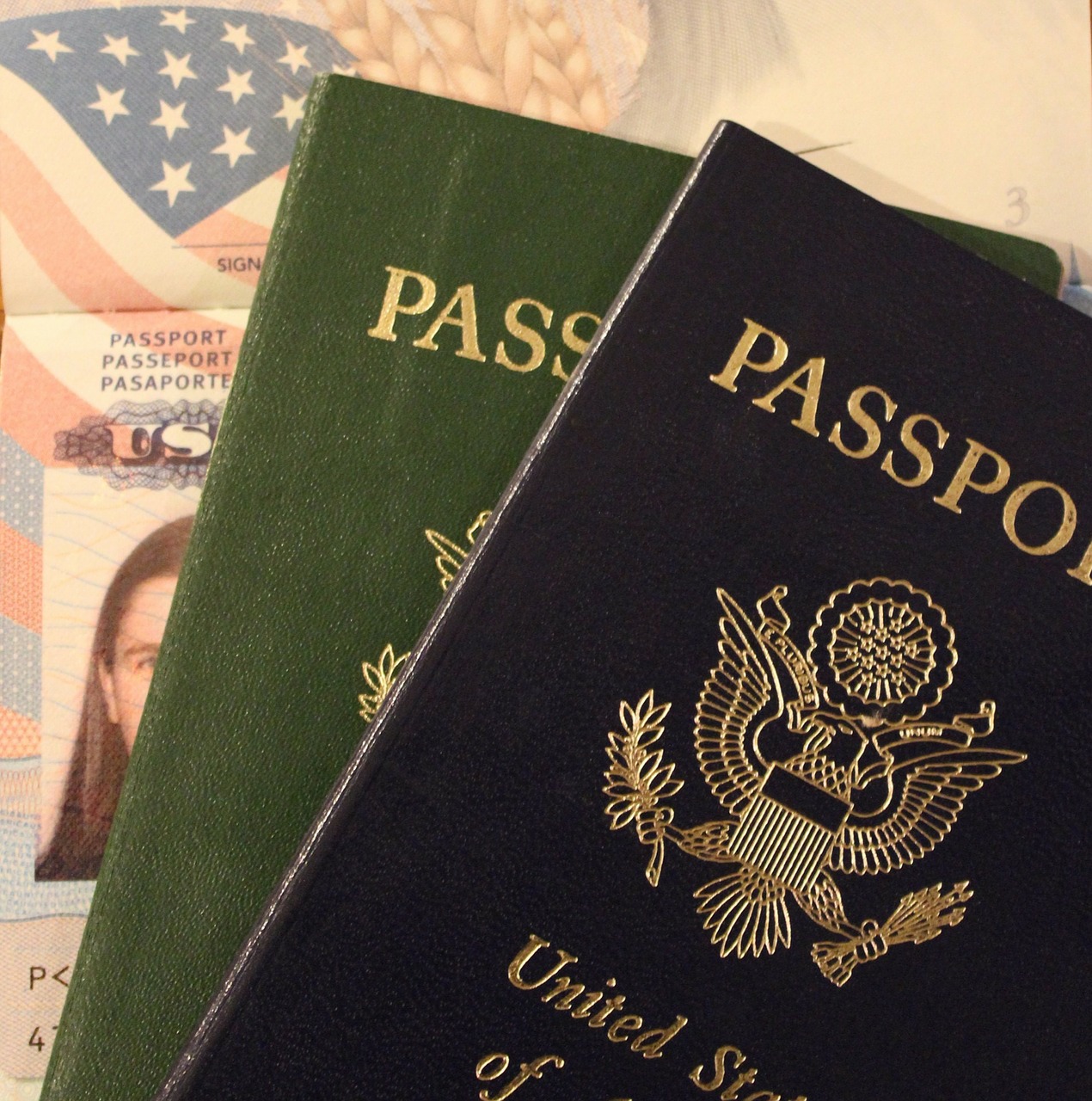In this extract from the book For God’s Sake, one question is asked to four Australian writers with very different beliefs.
Religion is powerfully motivating and belligerent humans fight over it. Yet it’s true, religion has been a major feature in some historical conflicts and the most recent wave of modern terrorism. Religion has taken on extra significance today because globalisation is challenging and changing everything. Religious identity not only survives but can take on heightened significance when national and political alliances break apart. That religion can be so markedly different in the hands of the power-hungry, as opposed to the altruistic and virtuous, really says more about human psychology than it does about religion. That’s why so many human conflicts unfortunately involve religion.
None of this is to excuse the undeniable barbarity unleashed by religionists over the centuries. The misogyny, beheadings, terrorism, killings, beatings and cruelty are real. They continue. Today we see a growing battle in the Middle East between Shi’ite and Sunni; a Jewish state unleashing militancy against Christian and Muslim Palestinians; and an anti-gay crusade led by some Jewish, Christian and Muslim leaders that threatens the sanctity of life itself.
Claiming religion is the source of the world’s evils is a careless comment. It’s far too easy to blame the Muslim faith for honour killings. I’m under no illusion about the fact that religion is routinely used to justify the more heinous crimes. But the 20th century is filled with examples, namely Stalin’s Soviet Union and Mao’s China, that didn’t need God as an excuse to commit genocide against a state’s own people.






